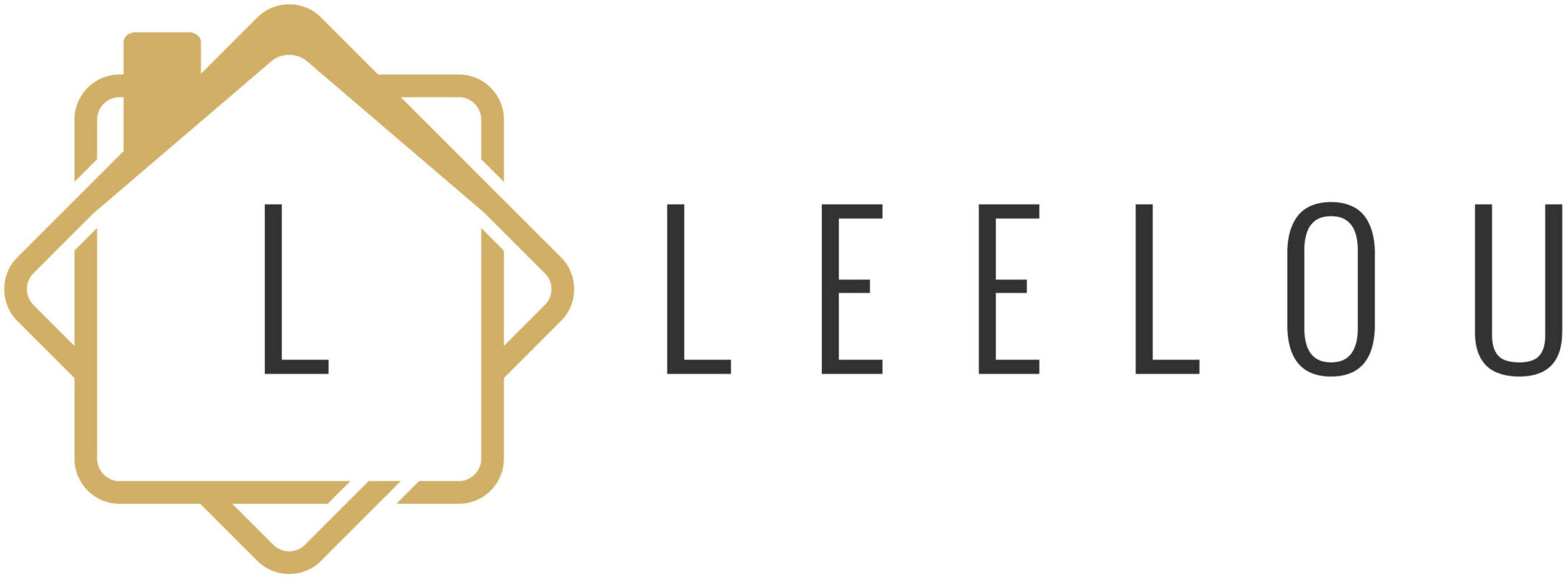
Mortgage points are either origination or discount points. In either case, one point is equal to 1% of the total amount of the mortgage. For example, on a $500,000 mortgage, one point is $5,000. Points are typically included in the closing costs and aren’t an extra cost you have to pay upfront.
What are Discount Points?
You can think of discount points as prepaid interest. Each point you buy will generally lower the amount of interest you pay on the mortgage. You can save about 0.25%, which may not sound like much, but it can add up to a lot of savings over the long haul. Lenders will typically offer you the option of purchasing a fraction of a point or up to three whole points.
What are Origination Points?
Origination points are a type of bonus for loan officers. This type is not required by many mortgage providers any more, and lenders that still ask for origination points are usually willing to negotiate the fee. These types of points are not tax-deductible, which is another reason many lenders have moved away from them altogether. Some may offer a flat-fee or no-fee mortgage instead.
Before the Tax Cuts and Jobs Act (TCJA) bill was passed in 2017, origination points were not tax-deductible. The bill changed that, and it applies to all tax years from 2018 to 2025. Discount points, however, could be used as a deduction on Schedule A. From that point on, the deductible amount on discount points has been limited to the first $750,000 of your total mortgage. Additionally, the standard deduction may be higher in some cases. You should check with a mortgage tax specialist to see if purchasing points is a good idea for your situation.
When you see an advertised interest rate, always keep in mind that it could very well include the purchase of points and may not be the actual rate.
What’s the Best Scenario to Save the Most?
There are two primary things to consider when deciding whether or not the purchase of points is worth the cost. The first consideration is the length of time you expect to live in the house. The best scenario for saving the most money is a long-term commitment. Frequent moves or house flipping may satisfy a craving for variety or be profitable for some, but in most cases, the longer you stay put, the more you’ll save in the long run.
Buying discount points will look this:
- A $100,000 mortgage at 3% interest will make your monthly mortgage payment, including interest and principal, $421 per month.
- Buying three discount points will lower your interest rate to 2.75%, making your monthly payment about $382 per month.
Since discount points cost about 1% of the total loan, purchasing three points will cost $3,000 for a savings of approximately $39 per month. You will reach the break-even point after six years, or 72 months. A 30-year mortgage equals 360 months, so that adds up to a lot of savings if you stay in your home for the length of the mortgage.
However, if you only want to live there for a few years, buying discount points isn’t worthwhile. There are all types of mortgage calculators online that will help you figure out how much mortgage you can afford and how many points you should or should not buy. You can put in different scenarios until you find the perfect match for your situation.
Another important factor to consider before buying discount points is the cost. Can you afford to buy discount points? In the example above, three points will cost an additional $3,000. Many people have trouble scraping together enough for a down payment and covering the closing costs, which is a whole other can of worms.
Conclusion
It always comes down to money. Whether you buy mortgage points or not, what really matters is how long you stay in one house. The longer you stay there, the more money you will save, with or without mortgage points.










